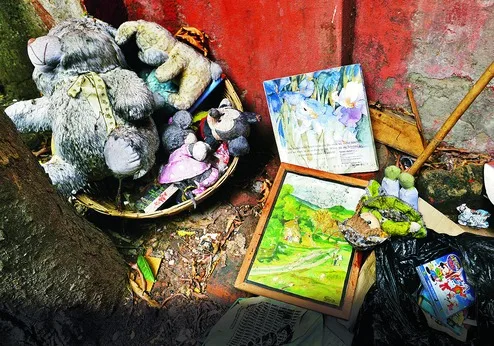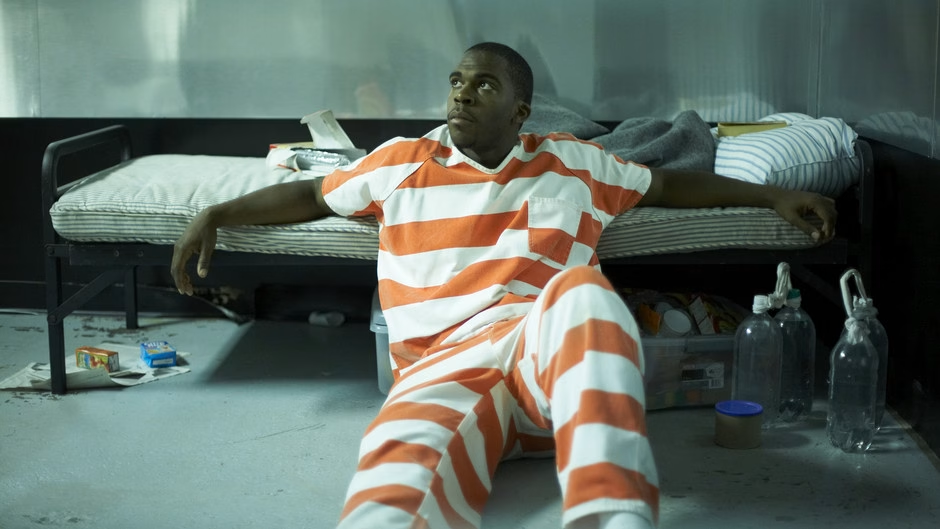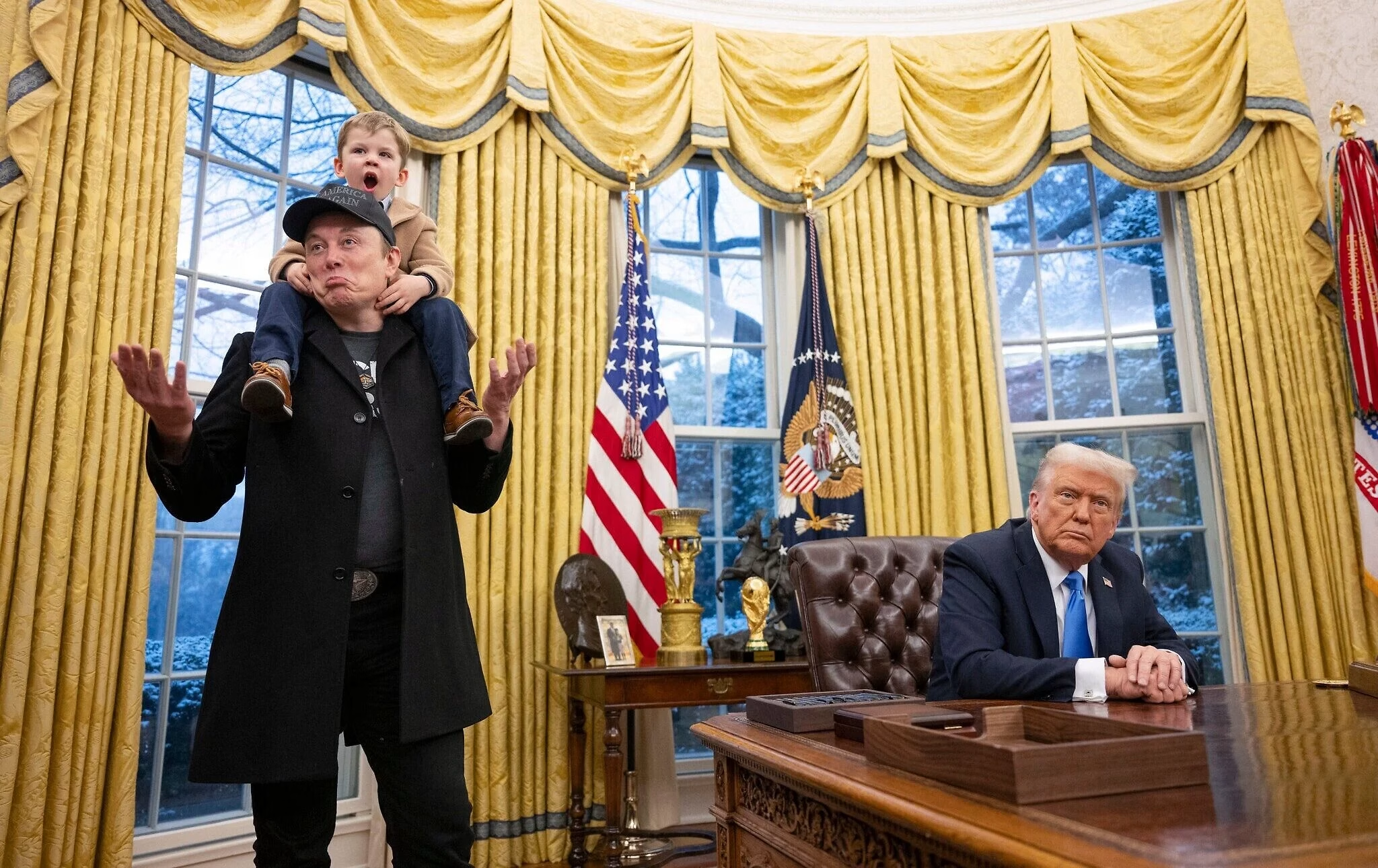The Partho Dey case, often called the “House of Horror,” is one of India’s most mysterious and unsettling criminal cases. In 2015, police entered an unassuming apartment in Kolkata and uncovered a disturbing scene that would haunt the public imagination.
Inside, they found the decomposed body of Partho Dey’s sister, Debjani, who had reportedly passed away months earlier. Shockingly, Partho had been living with her corpse, along with the skeletal remains of their pet dogs. Even more unsettling, Partho claimed he could “feel her spirit” and was caring for her to help her “return to life.”
The case began when Partho’s father, Arabindo Dey, tragically set himself on fire at a nearby location. This suicide led authorities to the family’s residence, unraveling the strange and eerie circumstances of their lives. Investigations revealed no foul play in Debjani’s death; she had likely died of natural causes. Yet Partho’s behavior raised troubling questions about mental health, grief, and societal isolation.
Partho was eventually hospitalized for psychiatric treatment, with experts suggesting he suffered from severe depression and psychosis. The media coverage painted him as both a tragic figure and an unsettling enigma. His case sparked debates about the stigmatization of mental health issues in India and the need for accessible support systems.
The haunting tale of Partho Dey serves as a grim reminder of the psychological toll of isolation and unresolved trauma. It also highlights the importance of addressing mental health with compassion and urgency.




